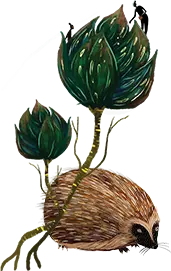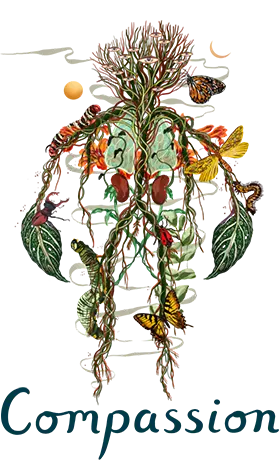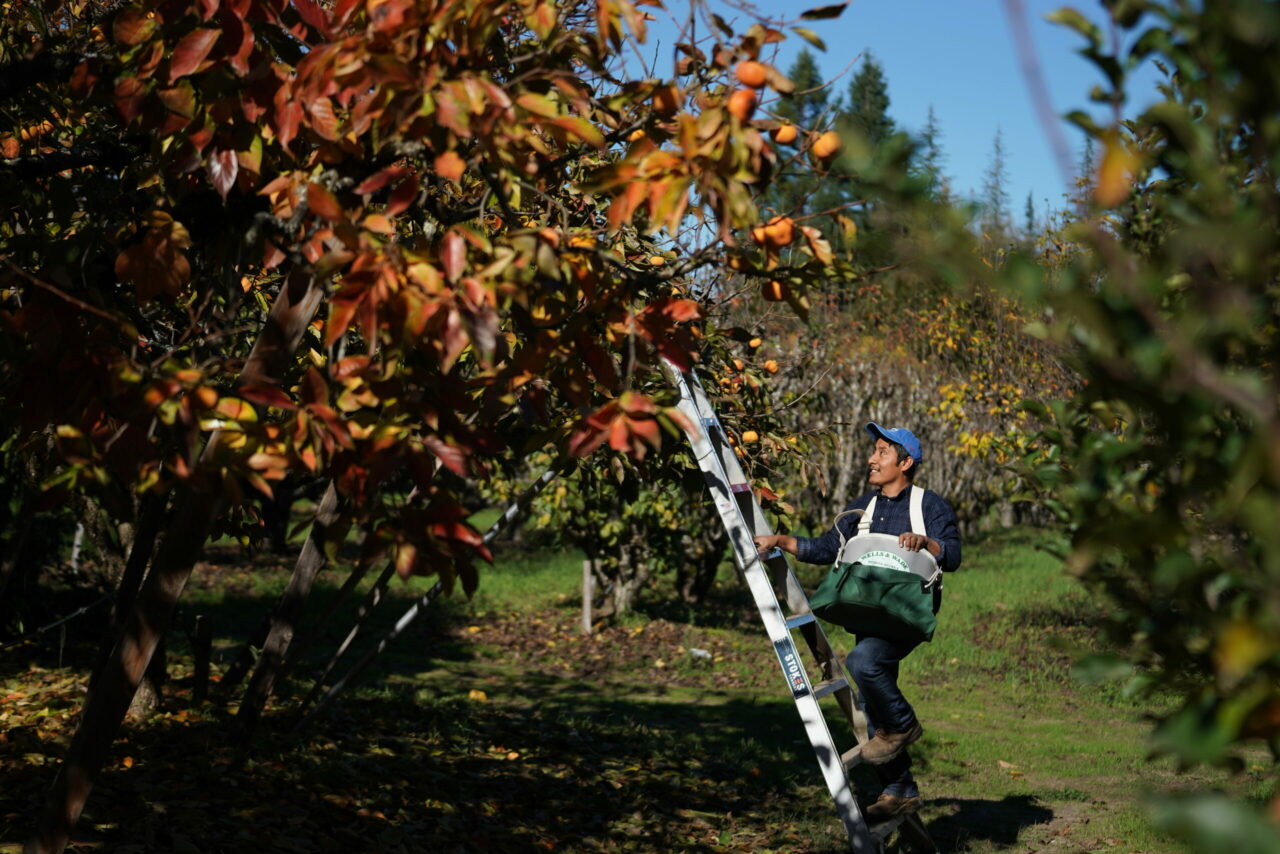
What is Permaculture?

One of our ReWild Yourself Champions 2024 is Pandora Thomas, founder of EARTHseed Farm, amongst many other titles – caregiver, teacher, speaker, activist, storyteller. We were lucky enough to visit her on her land in California back in 2021 where she guided us around each plot, telling the stories of permaculture and the Afro-Indigenous wisdom and teachings that have made her farm so special. But, what is permaculture? And why is it so important, especially right now?
What does ‘permaculture’ mean?
Permaculture is a combination of the words “permanent” and “agriculture”. It refers to a holistic design structure for creating sustainable and self-sufficient agricultural ecosystems. At its core, permaculture is built on a set of ethical design principles aimed at fostering a symbiotic relationship between humans and the environment – an approach that is particularly significant for Afro-Indigenous communities.
The ethics of permaculture are roughly detailed as:
- Care for the Earth: This principle underscores the importance of nurturing our ecosystems. It reflects a commitment to protecting the land, water, and wildlife that sustain us.
- Care for People: Recognising the interdependence of human communities, this principle emphasises the need for systems that support individual and collective well-being.
- Fair Share: This principle advocates for equitable distribution of resources. Once basic human needs are met, surplus is to be shared to foster community resilience.
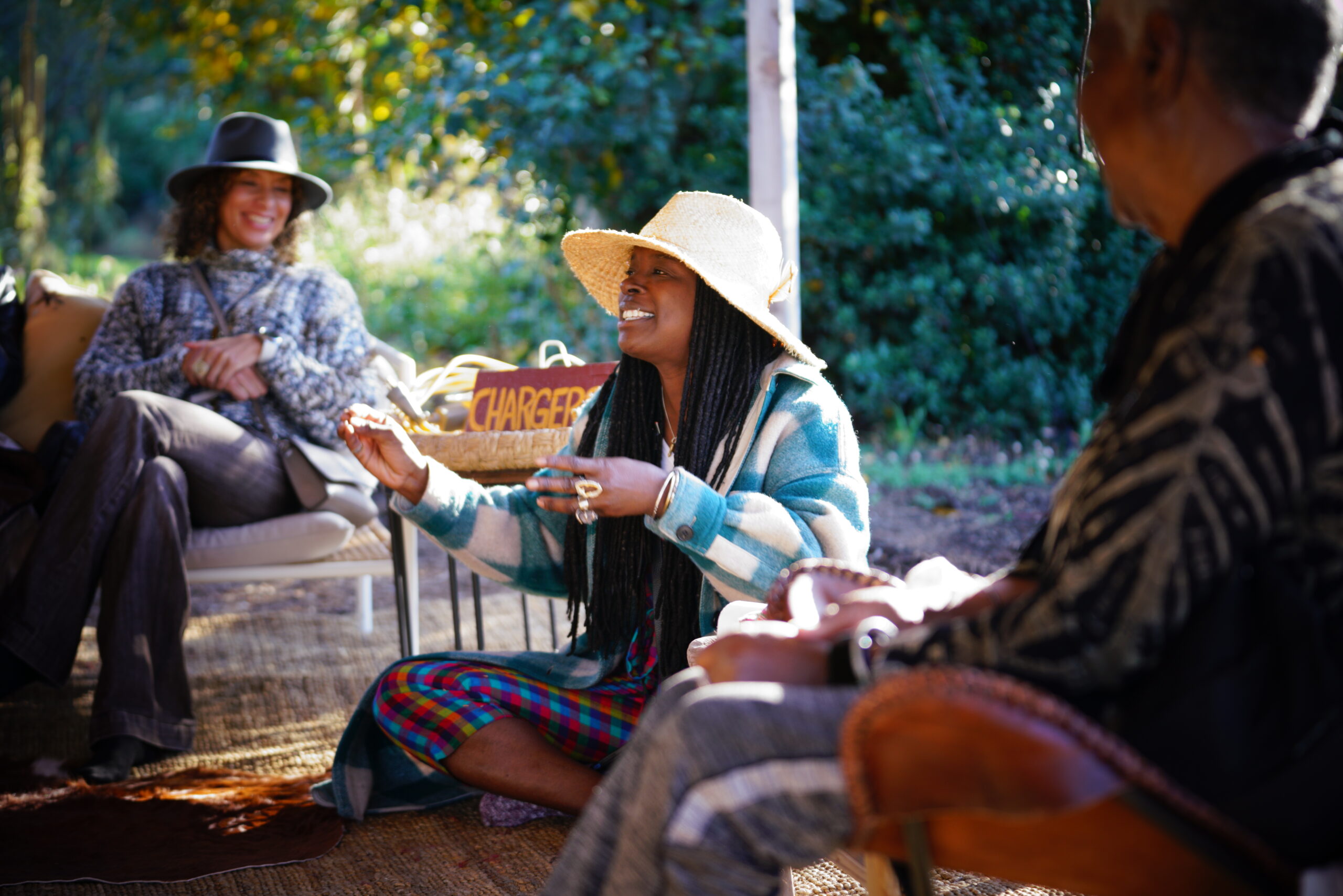
Why is this specific to Afro-Indigenous communities?
Afro-Indigenous communities possess a deep connection to their ancestral lands and traditional practices that have been honed and passed on over thousands of years. This connection is vital not only for cultural identity but also for environmental sustainability. Many Afro-Indigenous communities have long histories of sustainable agricultural practices that are often overlooked or devalued in mainstream society. By embracing permaculture, these communities can revitalise traditional methods, blending them with modern techniques to cultivate food systems that reflect their heritage. Earthseed Farm, an initiative led by Black farmer Pandora Thomas, underscores the importance of integrating Afro-Indigenous knowledge with innovative permaculture practices. Pandora holds space to encourages younger generations to connect with their roots and continue their cultural legacy while adapting to contemporary challenges.
How does it combine with ideas of food sovereignty?
Food sovereignty is a critical issue for Afro-Indigenous communities, many of whom have experienced the detrimental effects of industrial agriculture and colonial practices. This is something another ReWild Yourself Champion, Kai Njeri, talked about in her interview, specifically about ‘seed sovereignty’. Permaculture provides a framework for reclaiming control over food production, allowing communities to grow their own foods organically and sustainably. In this context, communities can choose the crops that best suit their cultural and dietary needs, strengthening a sense of autonomy and security. By focusing on local production, permaculture also reduces reliance on external food systems that often disregard local knowledge and preferences, and often carry a larger carbon footprint from importation.
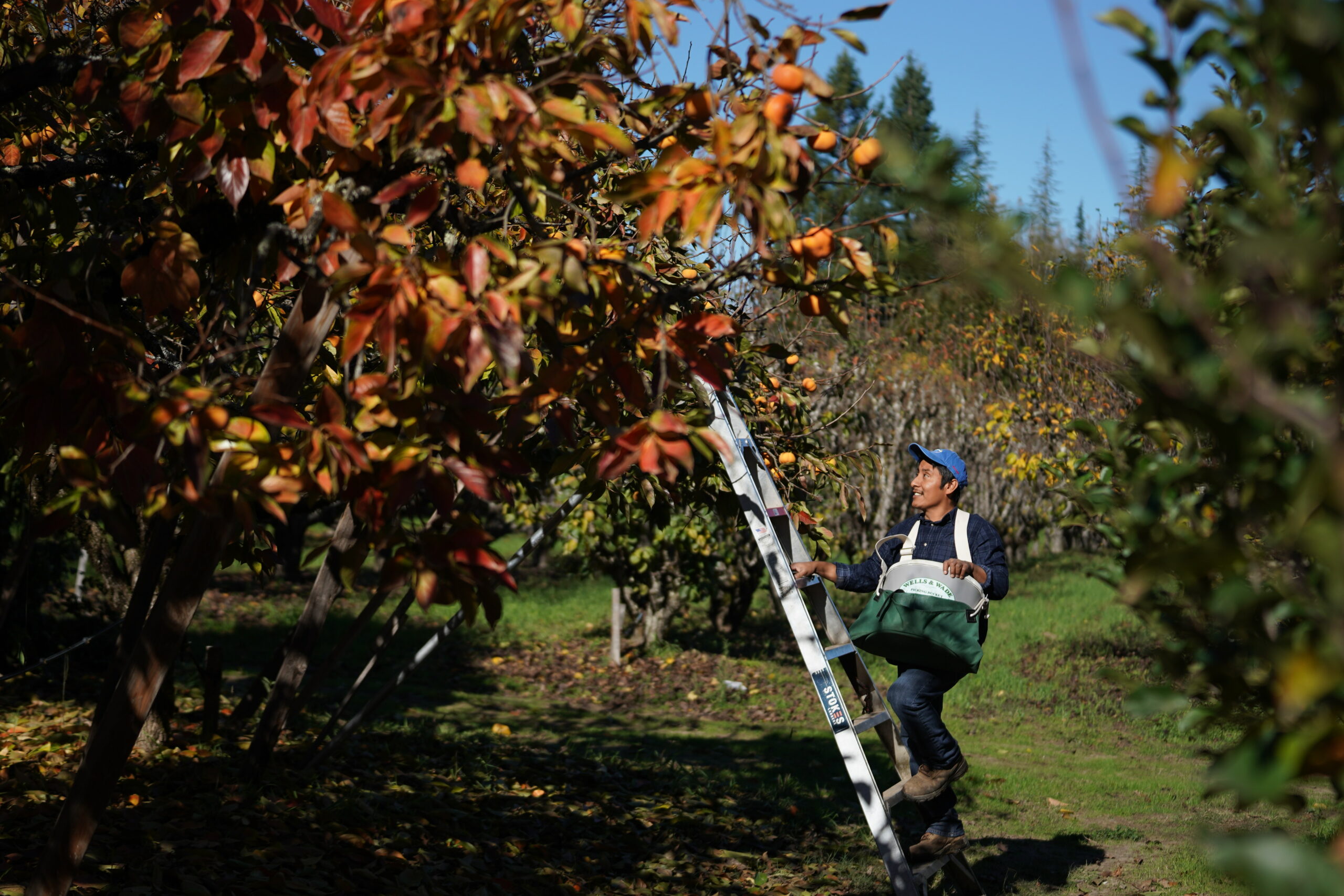
How is permaculture beneficial to the land?
Permaculture practices also promote biodiversity, an essential element for resilient ecosystems. By employing regenerative agricultural practices, such as composting, cover cropping, and agroforestry, communities can sequester carbon, improve soil health, and increase water retention. These practices not only mitigate the impacts of climate change but also contribute to the overall health of the ecosystem, ensuring that plants grow to their full potential and ensuring future generations have access to vital resources.
How does it help people?
At Earthseed Farm, the focus is on creating a thriving ecosystem that reflects the values of permaculture while serving as a model for community engagement and environmental stewardship. The farm embodies the belief that effective permaculture practices must honour both the land and the people who cultivate it. By prioritising education, mentorship, and community participation, Earthseed Farm exemplifies how permaculture can serve as a powerful tool for social and environmental change.

But permaculture isn’t just about growing food, it’s about community…
From Pandora’s teachings and wisdom, we have learnt that permaculture is more than a farming technique; it is a revolutionary approach that can empower Afro-Indigenous communities to thrive. By reconnecting with ancestral knowledge, promoting food sovereignty, enhancing biodiversity, building community, and addressing climate change, stewards of the land like Pandora are spreading more than farming knowledge; they are making people remember the land of our ancestors and appreciate the roots of themselves, alongside the food grown on the farm.
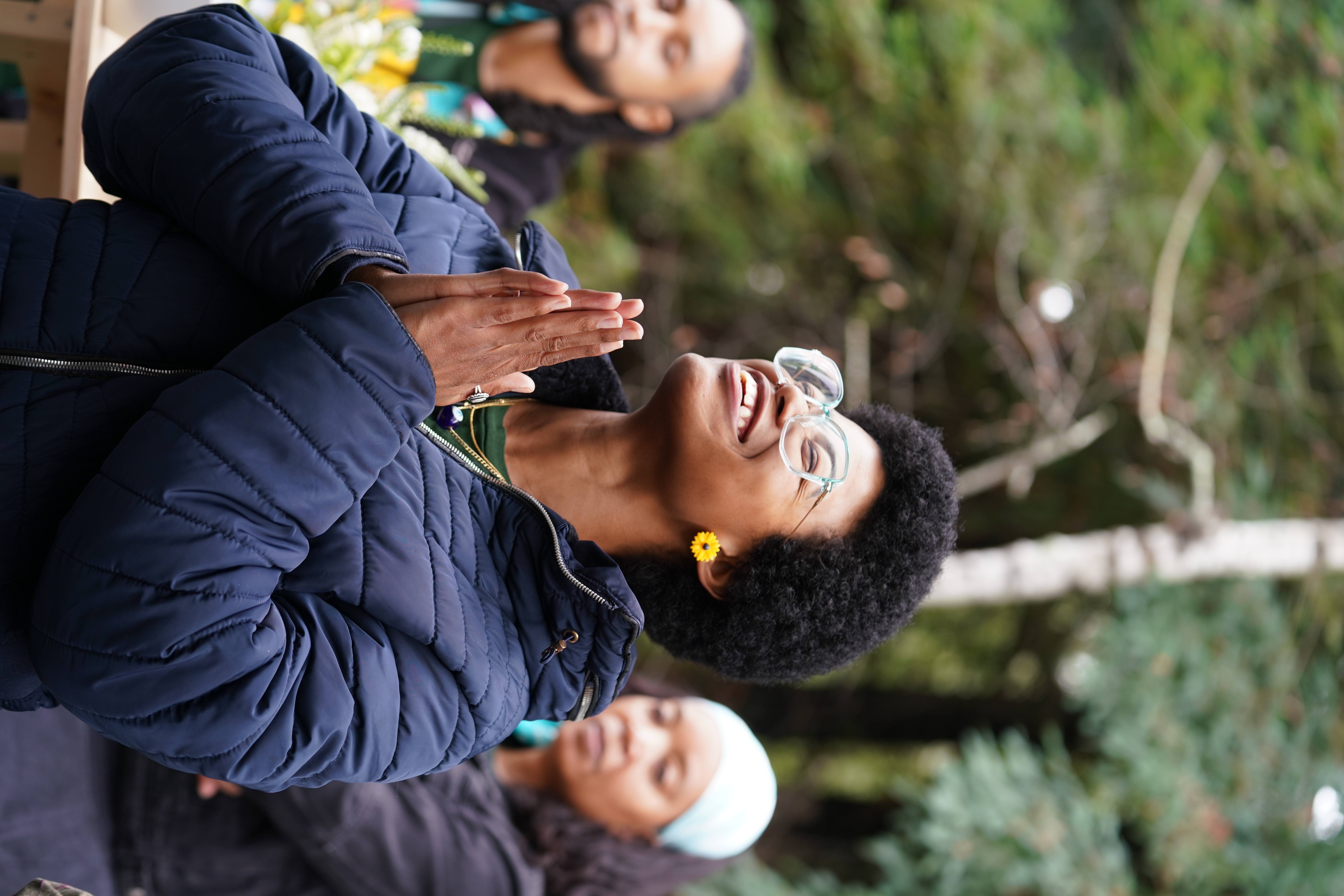

More from ReWild Yourself Champion Pandora Thomas…

Join Our Community...
Sign up for stories, tips and inspiration from around the globe.


